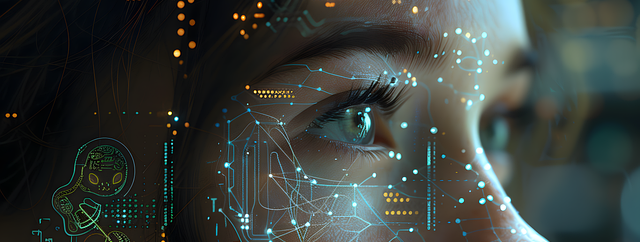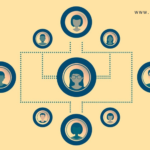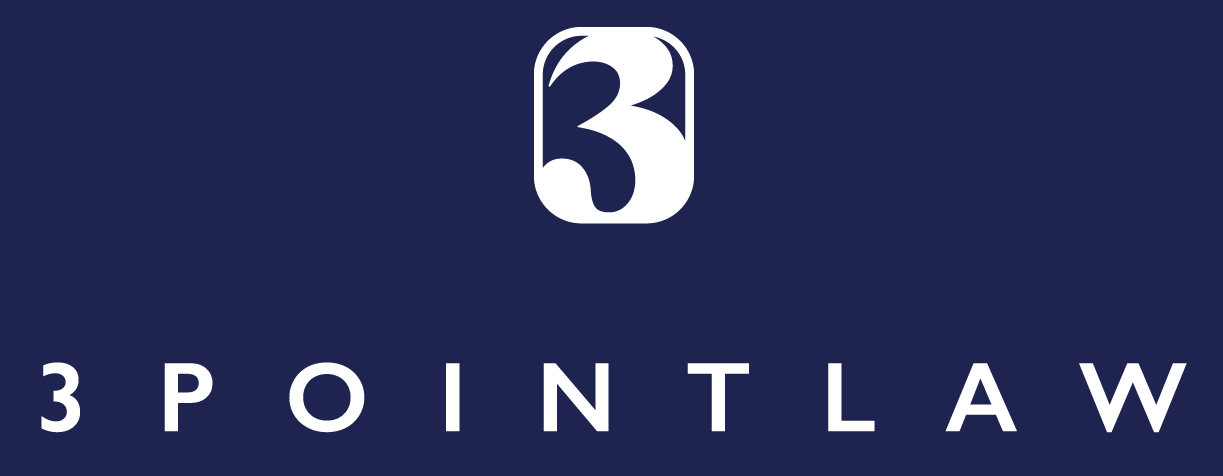We’ve spoken about Decentralized Autonomous Organizations (DAOs) in previous posts. As was mentioned, DAOs represent a revolutionary step toward democratized governance. By allowing token holders to vote on proposals and participate in decision making, DAOs eliminate or minimize the need for centralized control. However, decentralization, while enhancing transparency and fairness, also introduces significant inefficiencies. In this post, we will explore how DAOs struggle with these inefficiencies and how AI could help resolve those challenges, enabling more streamlined and effective operations.
The Efficiency Problem in DAOs
While DAOs allow for community-driven decision making, the decentralized nature of these organizations can create inefficiencies:
- Slow Decision Making. DAOs typically require a quorum for a proposal to be approved, meaning that a certain percentage of token holders need to vote for a decision to pass. However, reaching quorum can still be slow, especially if members are disengaged or the proposal is complex. This can delay important decisions.
- Voter Apathy. Even though a quorum may lower the need for all members to vote, many DAOs experience low voter turnout, particularly for less important decisions. This can result in a small number of members driving decisions, potentially undermining the DAO’s decentralization.
- Coordination Challenges. DAOs usually have global memberships, making it hard to coordinate votes and activities across time zones, countries, and cultures. Without a central authority to organize tasks, DAOs can struggle to keep everyone aligned.
- Governance Fatigue. Although not all members are required to vote on every proposal, those who do participate can experience governance fatigue due to the frequency of decisions, which may lead to disengagement over time.
These factors make it difficult for DAOs to operate efficiently, especially as they scale and face increasing complexity.
How AI Can Boost DAO Efficiency
AI offers several solutions to these efficiency challenges, streamlining operations and governance in DAOs:
- Automating Routine Tasks. AI can help DAOs by automating many routine tasks like processing votes, evaluating proposals, and managing grant requirements. For example, MakerDAO’s Governance AI Tools (GAITs), as described by CoinTelegraph, analyze grant proposals to assess if they meet the necessary criteria. These tools can even automate funding directly from the treasury if the requirements are met. This minimizes human intervention, reduces errors, and accelerates decision making processes.
In addition to grant evaluations, AI can automate tasks like treasury management, smart contract execution, and proposal drafting. This reduces human errors and speeds up operations, ensuring DAOs continue functioning smoothly with minimal human input.
- Ensuring Quorums are Met: One of the biggest problems DAOs face is meeting quorum requirements for important decisions. AI can help solve this by enabling delegated voting, where token holders assign their voting power to AI agents. These agents vote on behalf of members, based on pre-set preferences and conditions, ensuring quorums are met even when voter turnout is low.
By automating votes for routine or non-critical issues, AI reduces governance fatigue, allowing human members to focus on high-stakes decisions.
- Improving Decision Making: AI can analyze past voting data and governance decisions to offer insights that improve the quality of future decisions. By understanding what worked well in the past and what didn’t, AI can help DAOs make more informed choices. This data-driven approach can accelerate decision making while minimizing the need for long debates over proposals.
AI can also streamline the proposal drafting process, ensuring proposals are structured correctly, aligned with DAO objectives, and ready for quick execution without constant revisions.
- Scaling Governance and Coordination: As DAOs grow, the complexity of managing large memberships and multiple proposals can increase. AI can help scale governance by automating proposal evaluations, managing member onboarding, and even handling communications in multilingual communities. This allows DAOs to maintain efficiency even as they expand globally, preventing bottlenecks caused by the need for manual coordination across large groups of participants.
- Managing and Improving Smart Contracts: Smart contracts are fundamental to DAOs, as they automate many of the organization’s processes. AI can improve the efficiency and security of smart contracts by automating their deployment and management. AI can also perform security audits, identifying vulnerabilities or inefficiencies in the code before it is deployed.
Additionally, AI can continuously monitor smart contracts once they’re live, automating functions such as fund transfers, token distribution, and enforcement of governance decisions. AI-powered smart contracts minimize the need for human oversight, reducing delays and ensuring smooth operation.
Conclusion
While DAOs offer a decentralized governance model, their operational efficiency can be hindered by slow decision making, low voter turnout, and governance fatigue. AI can provide a solution by automating routine tasks, enhancing decision making, and improving the management of smart contracts. By integrating AI, DAOs can remain decentralized while becoming more efficient and scalable.
However, implementing AI in DAOs comes with its own set of challenges. Issues such as data protection, privacy, bias, and security risks must be carefully evaluated and managed. Additionally, ensuring accountability and transparency in AI-driven decisions will be critical to maintaining trust within the DAO community. Despite these challenges, AI holds the potential to transform DAOs into more agile, efficient organizations equipped to scale and succeed in a decentralized world.
Main source: How DAOs Can Leverage AI for Enhanced Dynamics – CoinTelegraph




